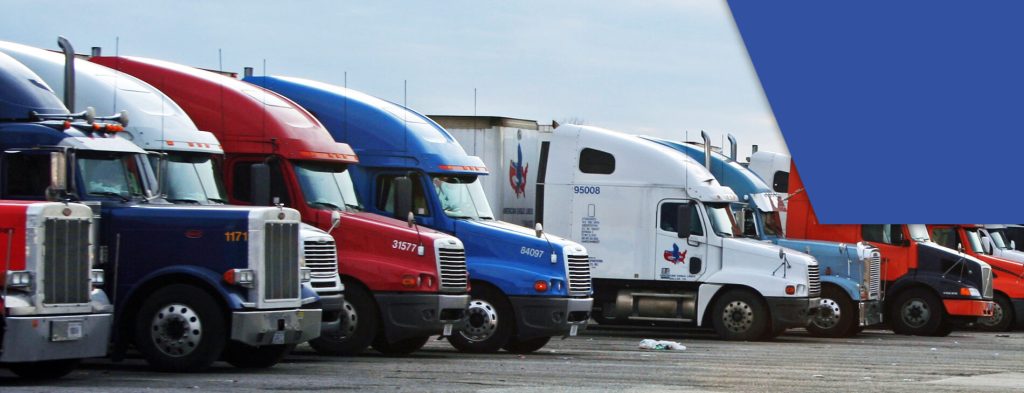Navigating Trucking Regulations
The trucking industry is the lifeblood of the U.S. economy, with millions of trucks on the road daily, transporting goods across the country. As such, truck driving regulations are crucial to ensure the safety of drivers, the public, and the integrity of transported goods.
Staying updated with trucking regulations is not just a matter of legal compliance; it’s a commitment to safety and efficiency that benefits everyone, from individual drivers to the largest trucking companies. Coastal Truck Driving School provides an in-depth look at the latest changes in trucking regulations, the importance of compliance, and how to navigate the regulatory landscape.
Recent Changes in Trucking Regulations
The trucking industry is subject to frequent regulatory updates that can significantly impact operations. Technological advancements, safety data, and the need for environmental conservation have influenced recent changes in federal and state truck driving regulations.
One notable update is the Federal Motor Carrier Safety Administration’s (FMCSA) mandate on Electronic Logging Devices (ELDs), which requires drivers to electronically record their hours of service (HOS) to prevent fatigue-related accidents. Additionally, changes in greenhouse gas emissions standards aim to reduce the carbon footprint of the trucking industry.
The impact of these changes on drivers and trucking companies is multifaceted. While they can improve safety and sustainability, they also require adjustments in operations, training, and budgeting for compliance-related expenses. Companies must invest in new technologies and ensure their drivers are well-informed about the latest requirements.
[Related: Maintaining Mental Health as a Truck Driver]
Understanding Compliance in the Trucking Industry
Compliance with trucking regulations is not optional; it’s a critical aspect of the industry that ensures the safety of drivers and the public. Key regulations include:
- Hour of service (HOS) rules that limit the number of consecutive hours a driver can operate a vehicle
- Load limits which prevent overloading that can lead to accidents and infrastructure damage
- ELDT training which requires new drivers to obtain CDL training from ELDT compliant training school
Compliance is also a legal necessity. Violations can result in hefty fines, legal action, and a tarnished reputation, which can be devastating for businesses. Moreover, adherence to regulations is a reflection of a company’s commitment to safety and can be a competitive advantage in the marketplace.
Whether you’re new to the industry or a seasoned veteran, Coastal Truck Driving School has the knowledge, staff, and equipment to help you succeed in trucking. We offer comprehensive training for new drivers, as well as refresher courses for experienced drivers who need help honing skills or learning new trucking regulations.
Navigating Regulatory Bodies
The FMCSA is the primary regulatory body overseeing trucking regulations. It is responsible for establishing and enforcing rules that govern the industry. Understanding the role of the FMCSA and other regulatory bodies is essential for compliance with trucking regulations.
Staying informed is made easier through resources such as the FMCSA’s website, which offers updates on regulations, compliance guides, and safety tips.
[Related: Tips for Cross-Country Trucking]
Trucking Regulations & The Road Ahead
The significance of staying informed and compliant with trucking regulations cannot be overstated. It is a continuous process that demands attention and action from everyone involved in the industry. By understanding the latest regulatory changes, the importance of compliance, and how to navigate the regulatory landscape, trucking professionals can ensure they are not only following the law but also contributing to a safer and more efficient transportation system.
Ensure you’re up to date and confident in your abilities today – contact Coastal for exceptional CDL training.

